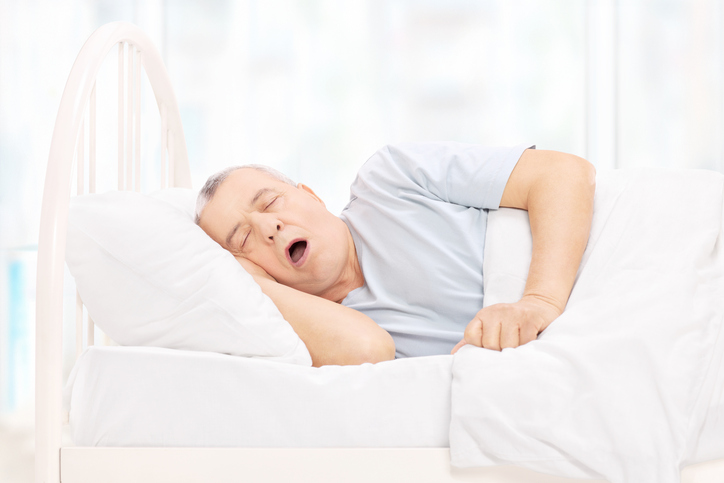
Sleep apnea is a chronic condition that affects roughly 20 to 25 million adults in the United States. The sleep disorder causes interruptions in breathing numerous times per night due to the narrowing of airways. While the disorder can occur in anyone, there are several factors that increase your risk for the condition, such as being male, overweight, family history, and age. Although these factors can play a role in the development of the condition, anyone can suffer from sleep apnea. It is important to learn the signs to seek sleep apnea therapy in Dunwoody to protect your health.
Signs of Sleep Apnea
Despite more than 200,000 cases of sleep apnea diagnosed each year, it is expected more than 80% of those with the condition remain undiagnosed. The large amount of untreated cases is largely due to the belief one is not at risk or not recognizing the signs of the sleep disorder.
Whether you have risk factors for sleep apnea or not, there are clear indicators that could mean you have the condition.
- Chronic Snoring: Everyone snores from time to time. However, if you snore loudly or excessively, it may be due to your airways collapsing. Snoring is the most common and notable sign sleep apnea is present due to an obstruction in the upper respiratory airways.
- Pauses in Breathing: Obstructions in the airways cause pauses in breathing to occur while sleeping. These pauses can occur hundreds of times per night. Each pause can last longer than one minute.
- Daytime Fatigue: The pauses in breathing cause poor oxygen flow and decreased sleep quality. It is not uncommon to experience daytime fatigue, even after in bed for 7 to 9 hours.
- Morning Headaches: The decrease in oxygen to the brain while sleeping can cause you to wake with a headache. The low oxygen levels cause the blood vessels to widen, causing vascular headaches.
- High Blood Pressure: High blood pressure often develops in those with sleep apnea due to inadequate oxygen levels. Over time, your body will become accustom to restricted blood vessels, causing high blood pressure during the day.
- Depression and Mood Changes: Lack of sleep will eventually cause changes to your mood, especially if sleep deprivation sets in. If you have depression, irritability, mood swings, or anxiety, sleep apnea may be the cause.
Treatment for Sleep Apnea
If you have any signs of sleep apnea, whether you have risk factors or not, it is important to undergo a sleep study. If a sleep study finds the condition is present, you need treatment immediately.
Dr. Jeff Rodgers offers treatment for sleep apnea using oral appliances. Oral appliances are worn at night to reposition the lower jaw forward. By doing so, the narrowing of the airways is prevented to stop interruptions in breathing. In some cases, an oral appliance may not be effective, in which case a CPAP machine may be needed.
If you have sleep apnea, please contact our office to schedule a consultation. Dr. Rodgers will find an effective option to treat your condition.
